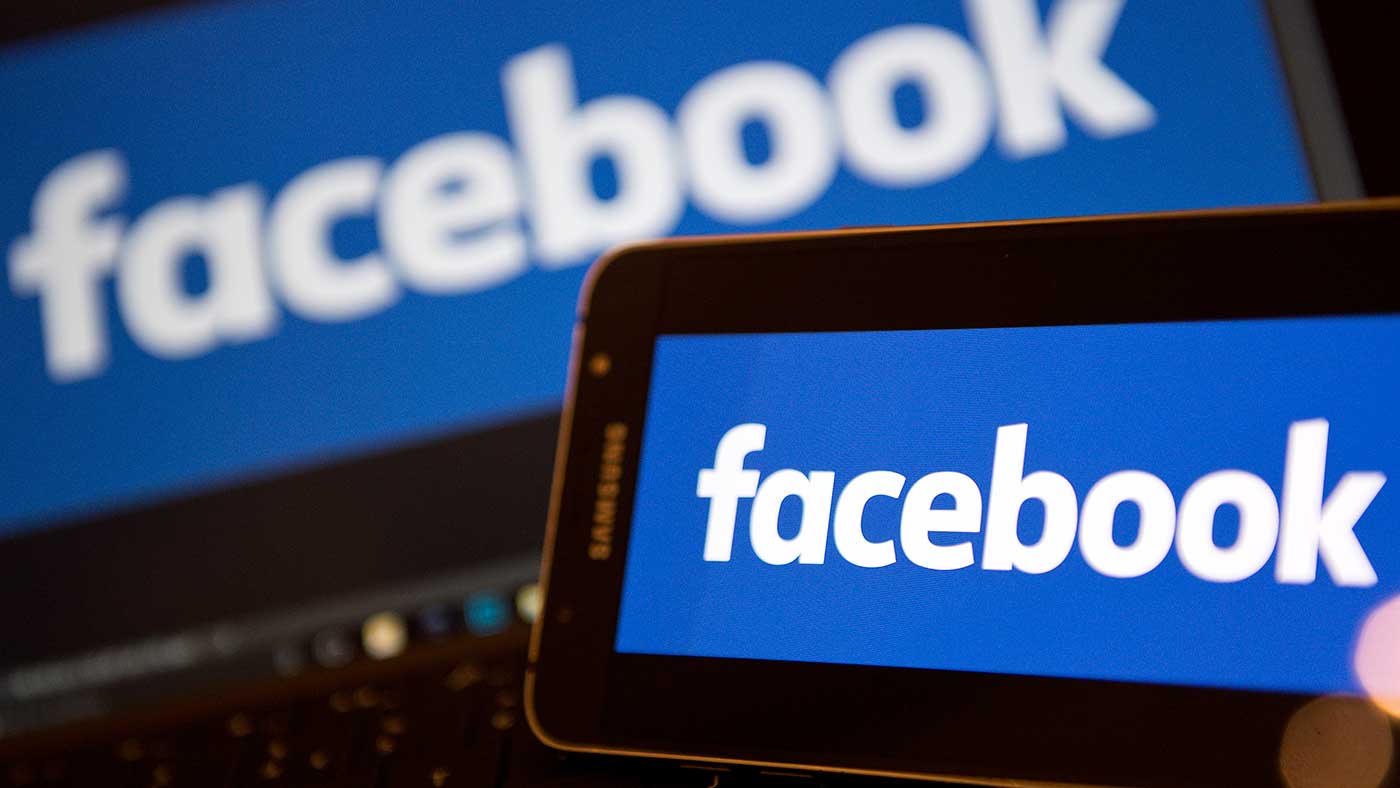Over-65s ‘seven times more likely’ to share fake news online
Survey finds almost one in ten Facebook users may have spread false or misleading content during 2016 US election

A free daily email with the biggest news stories of the day – and the best features from TheWeek.com
You are now subscribed
Your newsletter sign-up was successful
People aged 65 and older who identify as right-wing are up to seven times more likely to share fake news on social media than millennials and liberals, according to a newly published study.
During the 2016 US presidential campaign between Donald Trump and Hillary Clinton, researchers from the universities of Princeton and New York analysed the Facebook timelines of around 1,300 people who had agreed to take part in the survey.
The study - outlined in a paper in journal Science Advances - found that around 9% of the survey participants had circulated false or misleading content. Of this group, 38 were Republicans, while 17 were Democrats.
The Week
Escape your echo chamber. Get the facts behind the news, plus analysis from multiple perspectives.

Sign up for The Week's Free Newsletters
From our morning news briefing to a weekly Good News Newsletter, get the best of The Week delivered directly to your inbox.
From our morning news briefing to a weekly Good News Newsletter, get the best of The Week delivered directly to your inbox.
This political disparity “becomes even more significant when viewed more broadly: of all survey respondents who allowed researchers to track their sharing history, 18.1% of Republican respondents and 3.5% of Democrats spread at least one fake news story”, says science magazine Discover.
Independent voters - who comprised a far smaller segment of respondents than those from the two major parties - were also found to be more likely to share fake news than Democrats.
The ages of the respondents had a strong bearing on who shared fake news, too, with subjects aged 65 and older being seven times more likely to share fake news than participants aged 18 to 29 years old. The older group was also almost three times more likely to spread false stories than people in the 45-to-65 age range.
According to New Scientist, depending on how you define fake news, the total “proportion of people sharing it could be even higher” than the survey suggests. Study co-author Andrew Guess, an assistant professor of politics and public affairs at Princeton, told the magazine that the research team had only looked at “knowingly false or misleading content created largely for the purpose of generating ad revenue”, which he described as a “small subset”.
A free daily email with the biggest news stories of the day – and the best features from TheWeek.com
Neverthless, notes New Scientist, the researchers “suggest the sharing of fake news has been exaggerated” and is actually “relatively rare” on social media.
“The focus tends to be on headline-grabbing engagement numbers that are likely wildly inflated,” Guess said. “So we’re trying to push against such perceptions with good representative data... The point is that both consumption and sharing [of fake news] seem to be concentrated among a relatively small percentage.”
-
 ‘Restaurateurs have become millionaires’
‘Restaurateurs have become millionaires’Instant Opinion Opinion, comment and editorials of the day
-
 Earth is rapidly approaching a ‘hothouse’ trajectory of warming
Earth is rapidly approaching a ‘hothouse’ trajectory of warmingThe explainer It may become impossible to fix
-
 Health insurance: Premiums soar as ACA subsidies end
Health insurance: Premiums soar as ACA subsidies endFeature 1.4 million people have dropped coverage
-
 House votes to end Trump’s Canada tariffs
House votes to end Trump’s Canada tariffsSpeed Read Six Republicans joined with Democrats to repeal the president’s tariffs
-
 How are Democrats trying to reform ICE?
How are Democrats trying to reform ICE?Today’s Big Question Democratic leadership has put forth several demands for the agency
-
 ‘The censorious effect is the same, even if deployed covertly’
‘The censorious effect is the same, even if deployed covertly’Instant Opinion Opinion, comment and editorials of the day
-
 Is Alex Pretti shooting a turning point for Trump?
Is Alex Pretti shooting a turning point for Trump?Today’s Big Question Death of nurse at the hands of Ice officers could be ‘crucial’ moment for America
-
 ‘Dark woke’: what it means and how it might help Democrats
‘Dark woke’: what it means and how it might help DemocratsThe Explainer Some Democrats are embracing crasser rhetoric, respectability be damned
-
 Halligan quits US attorney role amid court pressure
Halligan quits US attorney role amid court pressureSpeed Read Halligan’s position had already been considered vacant by at least one judge
-
 House approves ACA credits in rebuke to GOP leaders
House approves ACA credits in rebuke to GOP leadersSpeed Read Seventeen GOP lawmakers joined all Democrats in the vote
-
 Vance’s ‘next move will reveal whether the conservative movement can move past Trump’
Vance’s ‘next move will reveal whether the conservative movement can move past Trump’Instant Opinion Opinion, comment and editorials of the day